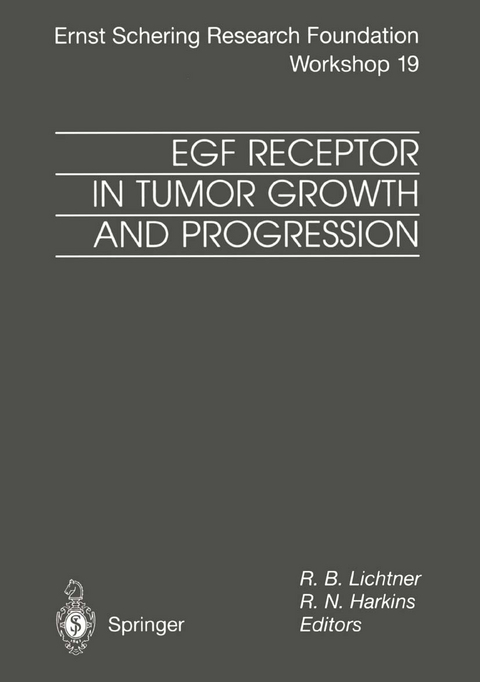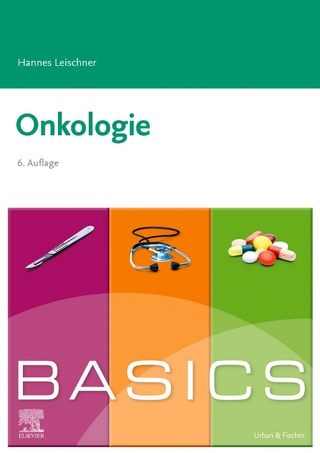
EGF Receptor in Tumor Growth and Progression
Springer Berlin (Verlag)
978-3-662-03393-7 (ISBN)
1 Signal Transduction by EGF Receptor Tyrosine Kinase.- 2 Characterization of Growth Factor Receptor-Directed Protein Tyrosine Phosphatases.- 3 Interaction of Heparin-Binding EGF-Like Growth Factor with Multiple Receptors.- 4 Epidermal Growth Factor Receptor Expression in Head and Neck Tumorigenesis and Saturation of EGFR with Monoclonal Antibody RG83852.- 5 EGF Receptors as a Target for Therapy and Interactions with Angiogenesis.- 6 erbB Signalling and Endocrine Sensitivity of Human Breast Cancer.- 7 The Role of Estrogen in the Regulation of EGFR Expression.- 8 Multifunctional Growth Factors in Tumor Progression.- 9 The Role of Epidermal Growth Factor Receptor in the Initiation and Progression of Malignancy.- 10 Preclinical Studies with Human Tumour Xenografts Using Rat Monoclonal Antibodies Directed Against the Epidermal Growth Factor Receptor.- 11 Recombinant Fusion Toxins Targeted to Members of the ErbB Family of Receptor Tyrosine Kinases.- 12 EGF Receptor Inhibition by Antibody as Anticancer Therapy.- Previous Volumes Published in this Series.
| Erscheint lt. Verlag | 18.4.2014 |
|---|---|
| Reihe/Serie | Ernst Schering Foundation Symposium Proceedings |
| Zusatzinfo | XVI, 258 p. 67 illus. |
| Verlagsort | Berlin |
| Sprache | englisch |
| Maße | 148 x 210 mm |
| Gewicht | 349 g |
| Themenwelt | Medizin / Pharmazie ► Medizinische Fachgebiete ► Onkologie |
| Medizin / Pharmazie ► Medizinische Fachgebiete ► Pharmakologie / Pharmakotherapie | |
| Medizin / Pharmazie ► Pharmazie ► PTA / PKA | |
| Schlagworte | angiogenesis • Antibody • Autocrin Loopase • autokiner Loop • Breast Cancer • Cancer • Cancer Therapy • EGF Receptor • EGF Rezeptor • Growth factor • signal transduction • Signaltransduktion • Tumor • tumor growth • Tumorigenesis • tumor progression • Tyrosinkinase |
| ISBN-10 | 3-662-03393-3 / 3662033933 |
| ISBN-13 | 978-3-662-03393-7 / 9783662033937 |
| Zustand | Neuware |
| Haben Sie eine Frage zum Produkt? |
aus dem Bereich


